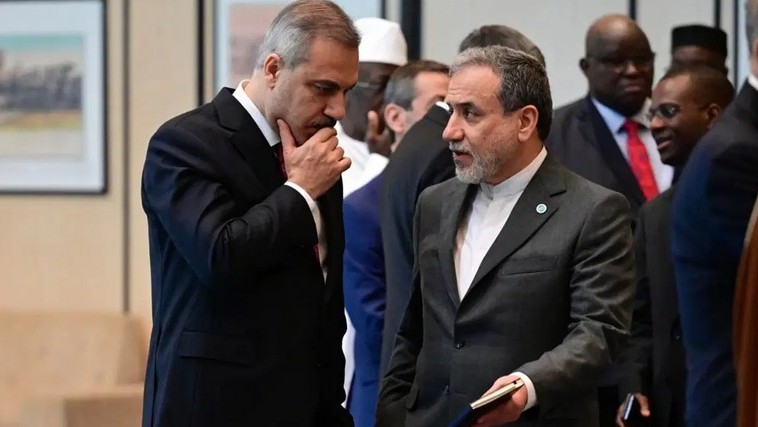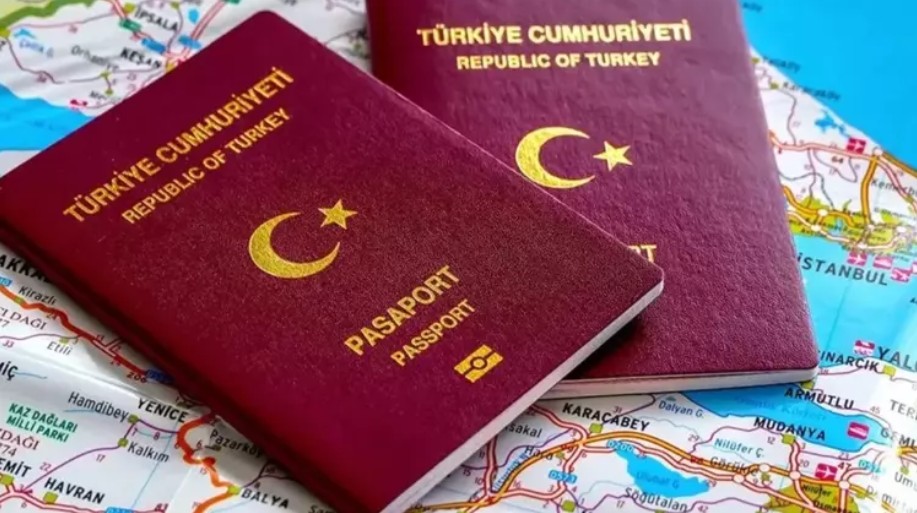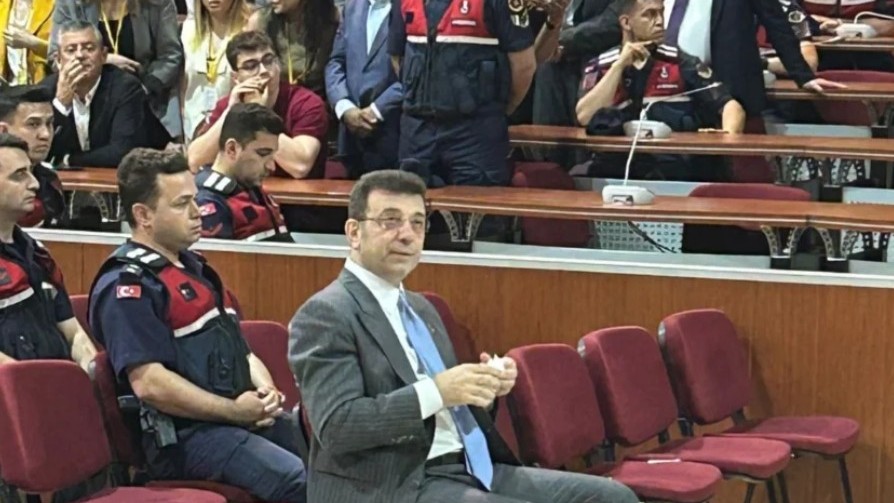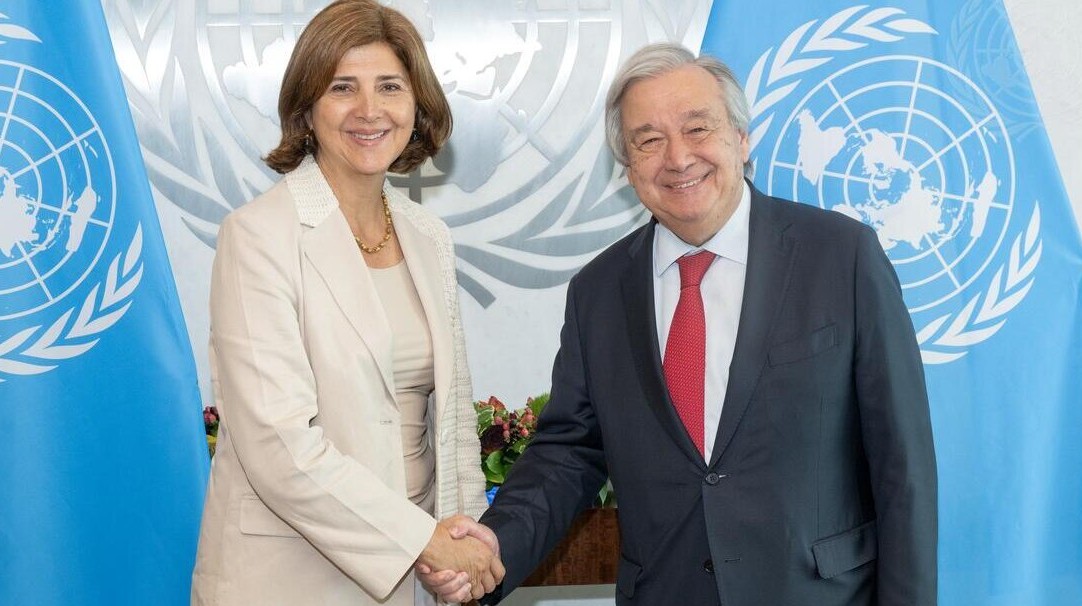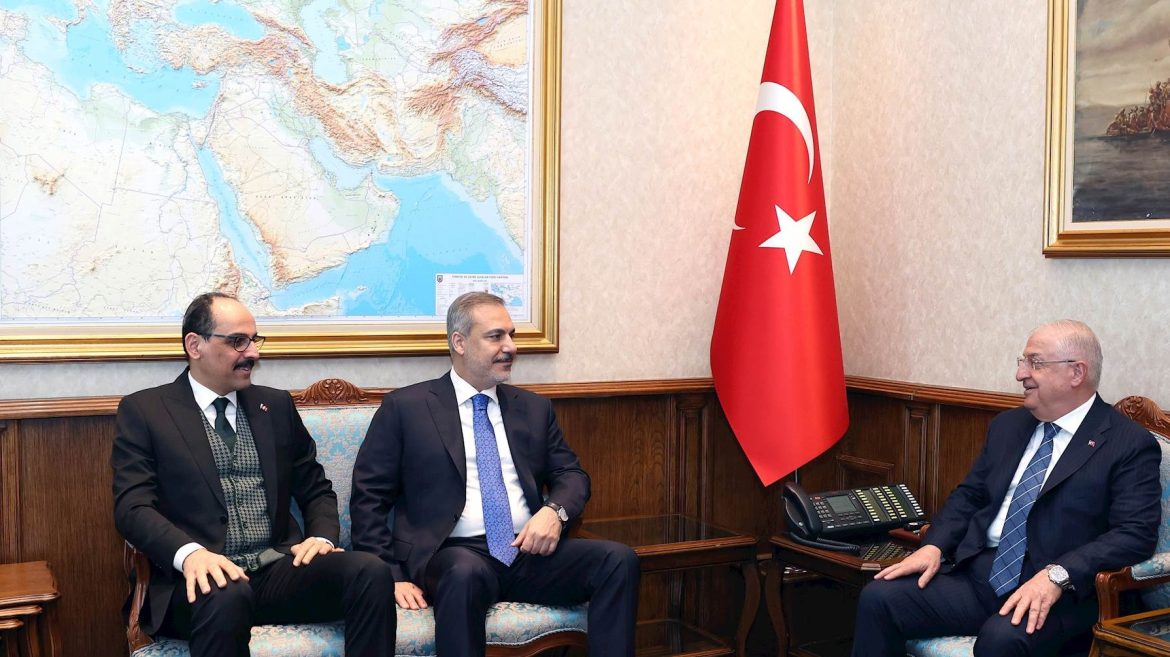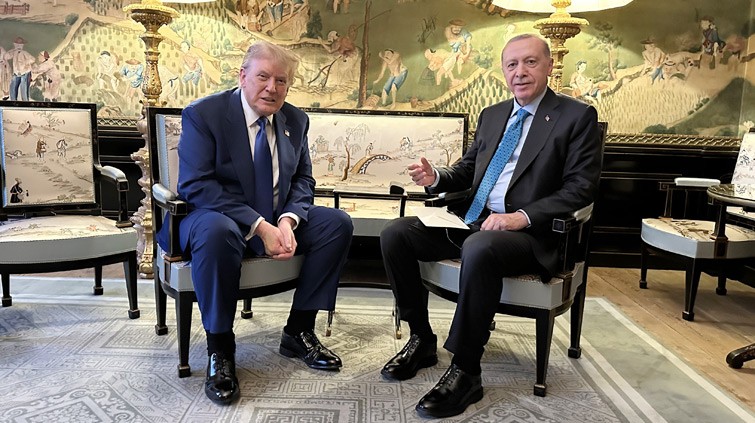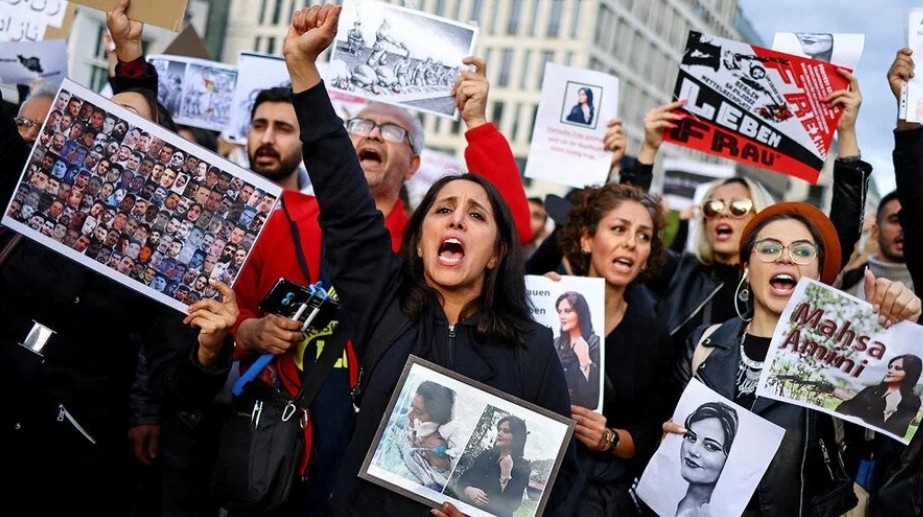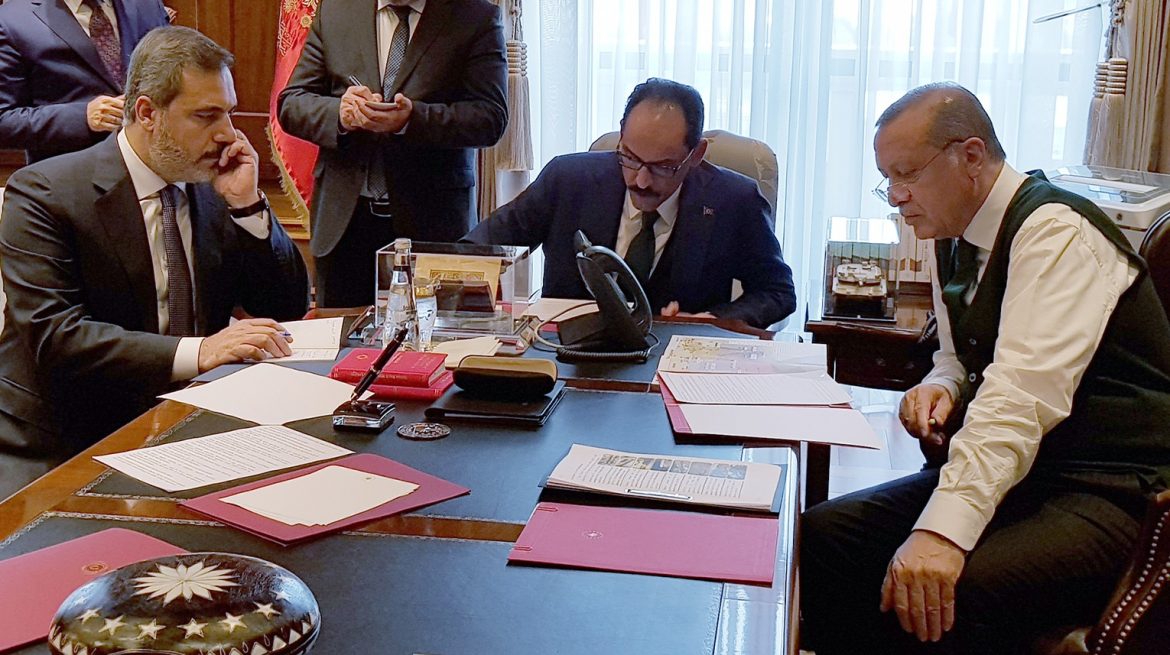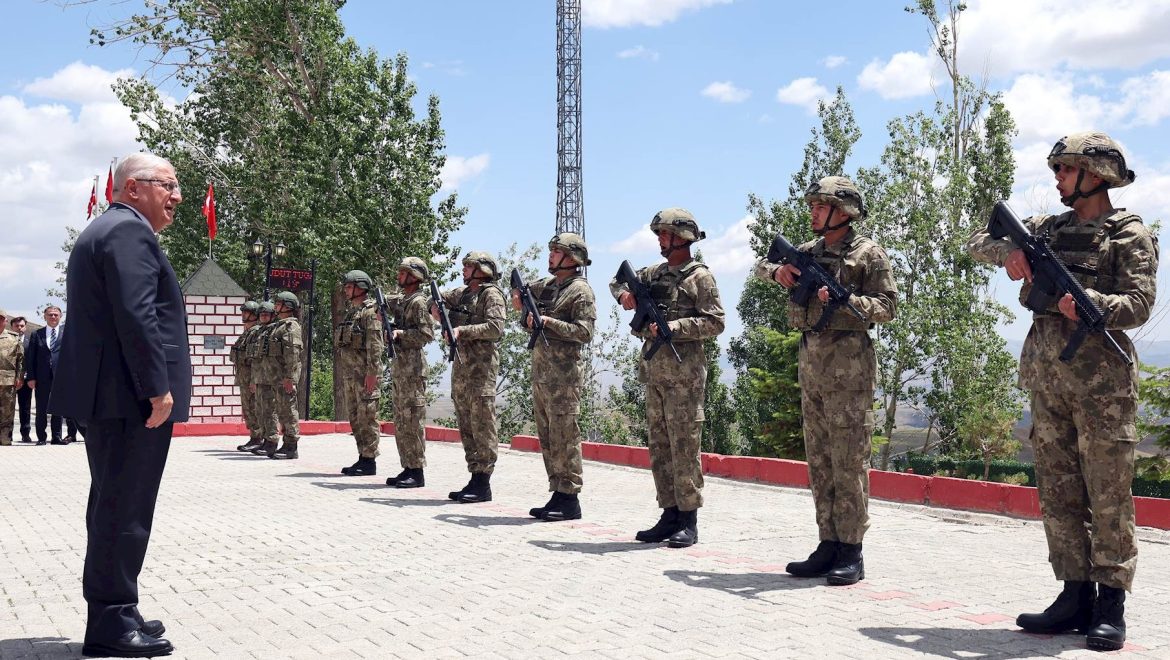The Ukraine-Russia ceasefire and Iran-Europe nuclear talks are being hosted by Türkiye this week in Istanbul, with a two-day interval between them. The Ukrainian and Russian delegations will hold their third round of talks this year on Wednesday, July 23, in İstanbul. The discussions will focus on ceasefire conditions, but the likelihood of reaching an
Turks, who have turned their faces towards the West for decades, have been facing visa restrictions for nearly fifty years. Almost everyone has a positive or negative visa story to tell. As the difficulties reached their peak, the European Union took a step forward. The EU’s decision last week to adopt a more positive approach
In Turkish politics, the threat of imprisonment has reached CHP leader Özgür Özel. Presidential decrees have been sent to the Turkish Grand National Assembly (TBMM) to lift the parliamentary immunity of Özel and CHP İzmir MP Tuncay Özkan for trial. The reason is their accusation of the Court of Appeals members of staging a “coup
The Cyprus issue has remained stuck in conceptual traps for decades, unable to move beyond being a diplomatic headline. Concepts such as “two-zone, two-community federation,” “two sovereign states,” and “confederation” have become not the solution itself but the terminological cloak of the lack of a solution. Today, the issue is no longer “how to name
It is understood that the meeting on June 29 between MİT President İbrahim Kalın and Hamas Shura Council President Muhammed Ismail Darwish, as announced by Turkish security sources, was conducted under four main topics: 1- The humanitarian tragedy in Gaza, 2- Turkish efforts with the international community to end Gaza’s humanitarian crisis and destruction, ensuring
Iranian women have been standing tall for years, not just against the regime, but also against war, silence, and a male-dominated system. In June 2025, as the Middle East once again teeters on the edge of open war, Iranian women and their fight are being tested by history in one of its toughest moments. As
The U.S. Struck Iran at Israel’s Request. The U.S. launched B-2 heavy bombers from Whiteman Air Force Base in Missouri, with a 37-hour flight involving mid-air refueling, to drop reportedly six bunker-busting bombs on three Iranian nuclear facilities in Isfahan, Natanz, and Fordow, early on June 22, local time. While both European leaders and Turkish
In the theater of Middle East geopolitics, a U.S. strike is rarely just a regional act — it’s a signal to markets, rivals, and allies alike that the temperature just went up. But let’s be clear: this wasn’t a bold initiative from Donald Trump. It was, somewhat predictably, the next act in a script sketched
Turkish National Defense Minister Yaşar Güler said on June 18 that, “Due to recent events in Iran, security measures at our borders have been heightened.” Güler made this statement after conducting inspections and reviews along the Turkish-Iranian border in Van province, accompanied by the Chief of General Staff, General Metin Gürak, and senior commanders. In
